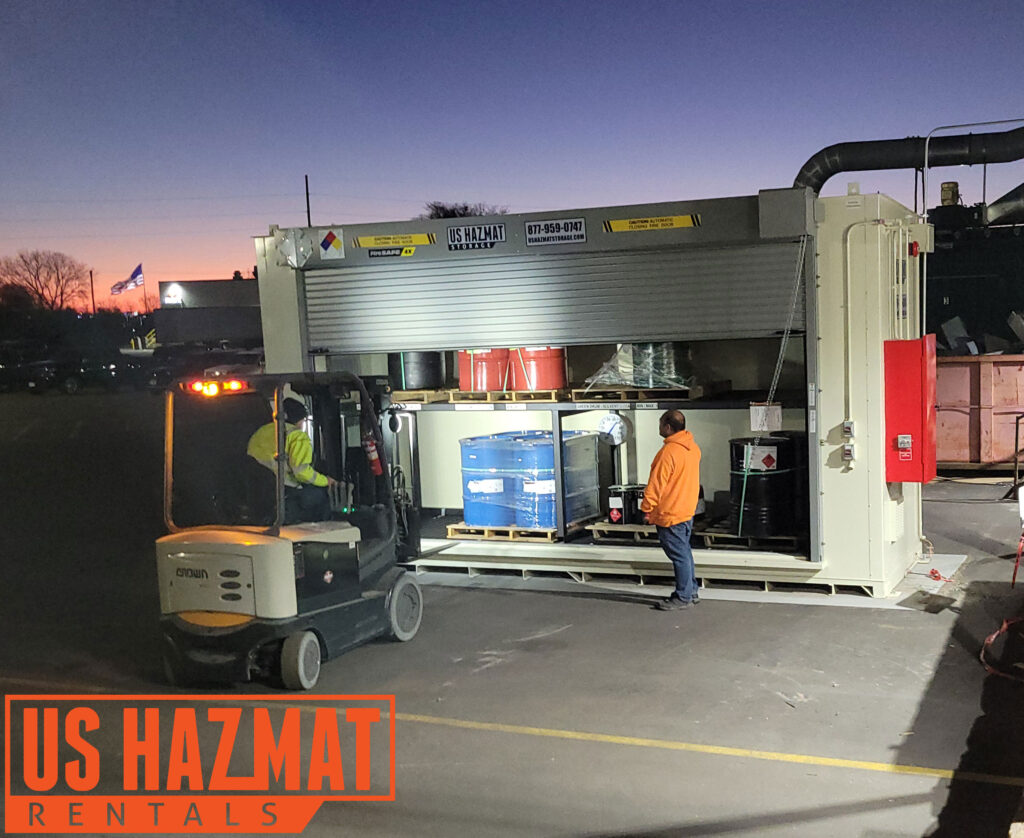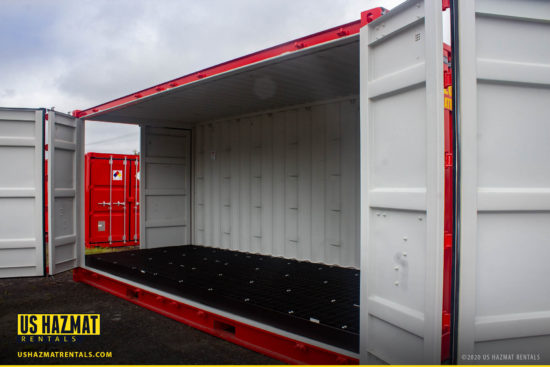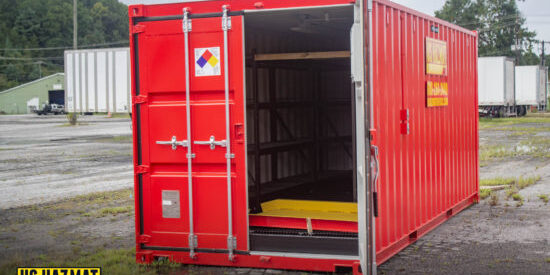Why are industrial manufacturers always portrayed as the bad guys in environmental action movies? Although most factory work is messy by nature, TV producers drudge up all the dirty details in the black-and-white struggle for eco justice and downtrodden townspeople. While wanton pollution was rampant before the EPA’s establishment, the overwhelming majority of industrial factories follow the law in abiding by stringent chemical storage and hazardous waste mitigation. Unfortunately, the outliers always dominate the headlines, stifling economic development in communities in desperate need of work when new prospects come calling because of stereotypical dirty factory work. In a world tilting to carbon neutral, many manufacturers have made strides in cleaning up their act without blackening stock projections for shareholders. Record-setting prolonged periods with zero accidents and clean pollution standards will never see equal press coverage as the toxic companies polluting our streams and airways while jeopardizing employee safety in hazardous work conditions. Although OSHA compliance is never a compelling plot, securing onsite chemical storage keeps mad reviews atop Google ratings, which is the first point of contact for new potential clients scoping out a manufacturer with a clean smokestack and street cred for routinely meeting deadlines.
Netflix’s “Toxic Town” is the latest toxic tale highlighting a negligent factory poisoning workers and the community with carcinogenic pollutants, causing babies to be born with birth defects while the CEO skirts all responsibilities while gaslighting the townspeople with standard lip service denials and flippantly alluding to the manufacturer’s economic contribution in a steel mill town with no other options for avoiding economic collapse. In what is called the UK’s “Erin Brockovich,” the Netflix miniseries polarizes viewers with inherent manufacturing bias by ignoring environmental legislation progress worldwide in advancing clean energies and their due process shielding workers from harmful contaminants. US Hazmat Rentals tells the whole story by protecting potentially negligent manufacturers and processing facilities with fire-rated chemical storage solutions, ensuring continuous OSHA compliance.
What Does it Mean to be OSHA Compliant?

OSHA compliance is met when a company’s safety and chemical storage practices align with rules and regulations for protecting workers close to dangerous chemicals and other work hazards. The Department of Labor established these rules and laws, requiring workforces and factories nationwide to comply with the carefully crafted regulations, lest they are subjected to hefty fines and civil penalties. OSHA compliance examples includes fall protection, machine guarding, compliant chemical storage, respiratory protection, safety training, and hazard communication. Moreover, OSHA conducts routine and unannounced inspections of job sites nationwide. These unexpected trips typically follow anonymous tips about questionable work practices by disgruntled employees and frustrated customers. Ensuring onsite OSHA compliance mitigates potential industrial accidents and negligent pollution.
What Must Employers Do to Comply With OSHA?
All jobsites must use clear and noticeable hazard communications, including signs and posters, alerting workers of potential work hazards. Regular employee training, and developing a worker safety plan, also ensures OSHA compliance in all manufacturing stages. Supervisors must also provide workers with all necessary personal protection equipment, but training is only one factor of the overall safety evaluation. Manufacturers handling and storing hazardous materials should secure compliant onsite protection and segregation with the appropriate chemical storage locker or warehouse. Furthermore, all manufacturers handling more than 25 gallons of flammable materials must store those substances in a segregated area, like a fire-rated chemical storage locker. Our NFPA 30 fire-rated lockers feature roll-up or wide-swinging doors, allowing for easily storing and removing dangerous chemicals. We engineer each locker with reinforced solid-steel paneling and a bottom-affixed sump containment system, preventing inadvertent fires and spills from breaching the environment and work areas. Optional fire suppression and climate control add additional levels of superior protection.

What Happens if You Are Not OSHA Compliant?
Violating OSHA regulations can result in hefty fines and civil penalties, as well as negative publicity and bankruptcy. Frequent violations have a accumulative effect. Each failed abated fine is $16,550 per day, and the admonishments increase with willful or repeated offenses. Our customized chemical storage buildings accommodate any workflow and chemical payload, ensuring continuous OSHA compliance. Non-compliance also leads to high employee turnover and less leniency while negotiating favorable tax terms when establishment a foothold in new communities. Most importantly, negligent storage also threatens your workers’ safety needs while exuding undue arrogance in building a positive relationship with new customers and investors.
Do Small Businesses Have to Comply With OSHA?
No company is above the law in following regulations protecting workers. Although OSHA regulations differ upon industry and size, every manufacturer, warehouse, and production facility must comply with specific rules and laws ensuring worker safety. The law is as clear as the intended air we breathe: companies must treat worker safety in a clean and hazard-free environment as a top priority.
What Would Trigger an OSHA Inspection?
Employee complaints are a common trigger for an OSHA inspection, but the federal agency doesn’t have to give a reason or advanced notice for a visit. Recent newsworthy events at your facility, including accidents and fires, invariably leads to an OSHA inspection, compelling compliant OSHA chemical protection on the jobsite. We have a line of customizable chemical storage solutions that can safely accommodate every chemical classification and payload regardless of project duration and timeline.







